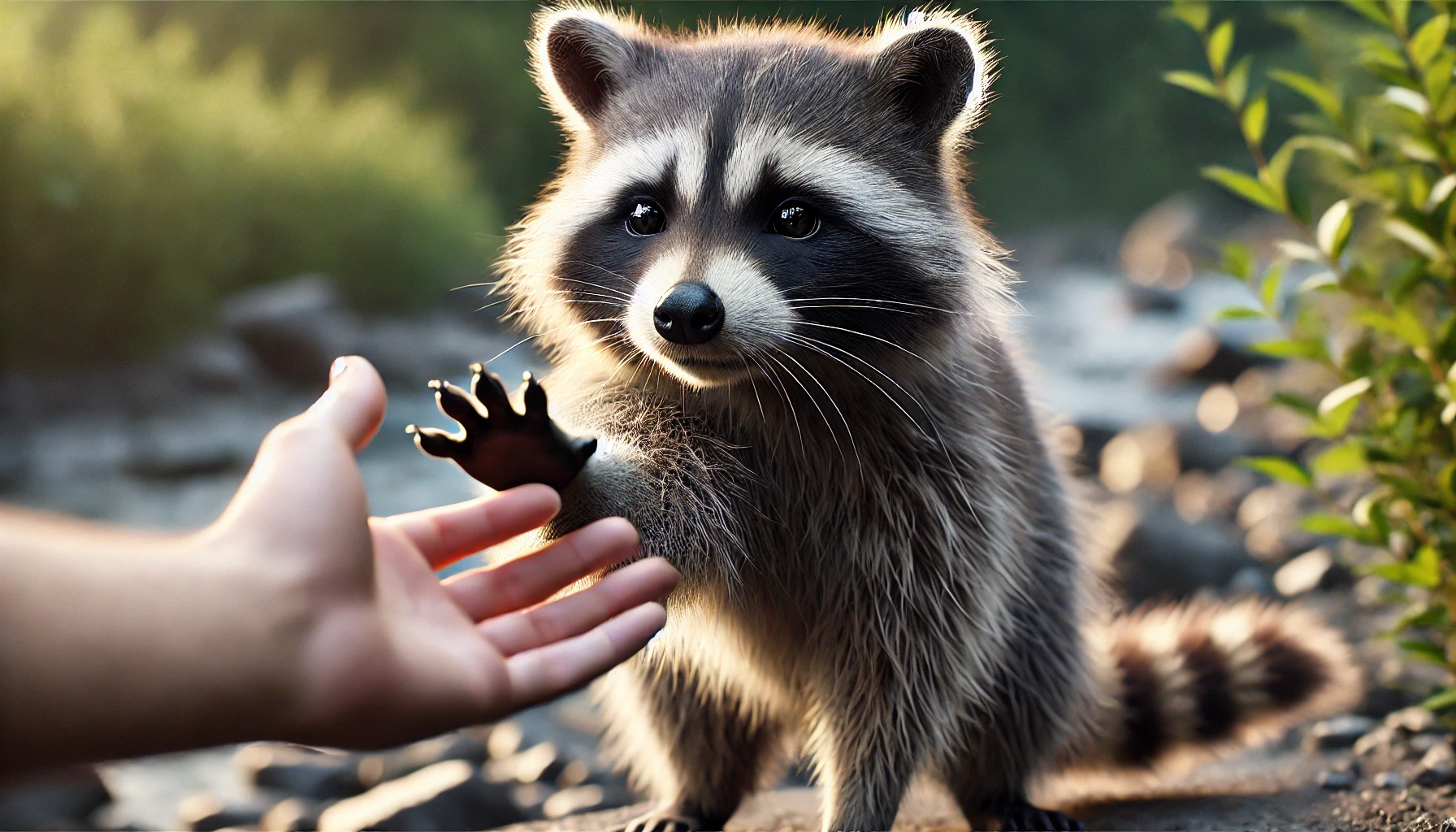Check out this answer from Consensus:
While raccoons are fascinating animals, the evidence suggests that they do not make suitable pets. The case of Hokkaido, Japan, illustrates the potential ecological consequences of pet raccoons escaping or being abandoned, leading to invasive populations with complex genetic structures. Legal and ethical considerations further support the view that raccoons should remain in their natural habitats rather than being kept as pets. Therefore, it is advisable to admire raccoons from a distance and support conservation efforts to protect their natural environments.
Raccoons, known scientifically as Procyon lotor, are intriguing creatures often admired for their intelligence and dexterity. However, the question of whether they make suitable pets is complex and multifaceted. This article explores the implications of keeping raccoons as pets, drawing on scientific research to provide a comprehensive overview.
The Case of Hokkaido, Japan
A study on the genetic population structure of invasive raccoons in Hokkaido, Japan, provides valuable insights into the consequences of pet raccoons escaping or being abandoned. Since the 1970s, raccoons have become feral in Hokkaido, rapidly increasing in number and spreading across the island. Researchers analyzed mitochondrial (mtDNA) and microsatellite DNA to understand the phylogenetic distribution and invasive founder events of these raccoons1.
Genetic Diversity and Distribution
The study found that Hokkaido raccoons maintained high genetic diversity, comparable to their original habitat in North America. The raccoons were divided into six management units based on mtDNA distribution and microsatellite diversity. However, the genetic structures did not always correspond to geographical distributions, indicating a high degree of genetic admixture and low genetic differentiation even between regions separated by long distances1.
Implications of Pet Escape or Abandonment
The unique genetic phenomenon observed in Hokkaido suggests that genetically related colonies were introduced into multiple regions as founder events. This has resulted in a complex genetic structure where raccoons are not clearly differentiated even 40 years after their introduction. This case highlights the potential ecological impact of pet raccoons escaping or being abandoned, leading to invasive populations that can disrupt local ecosystems1.
Legal and Ethical Considerations
In many regions, keeping raccoons as pets is regulated or outright prohibited due to their potential to become invasive species. The case of Hokkaido underscores the importance of these regulations. Additionally, raccoons are wild animals with specific needs and behaviors that can be challenging to manage in a domestic setting. Ethical considerations also come into play, as keeping a wild animal as a pet can lead to welfare issues for the animal.
